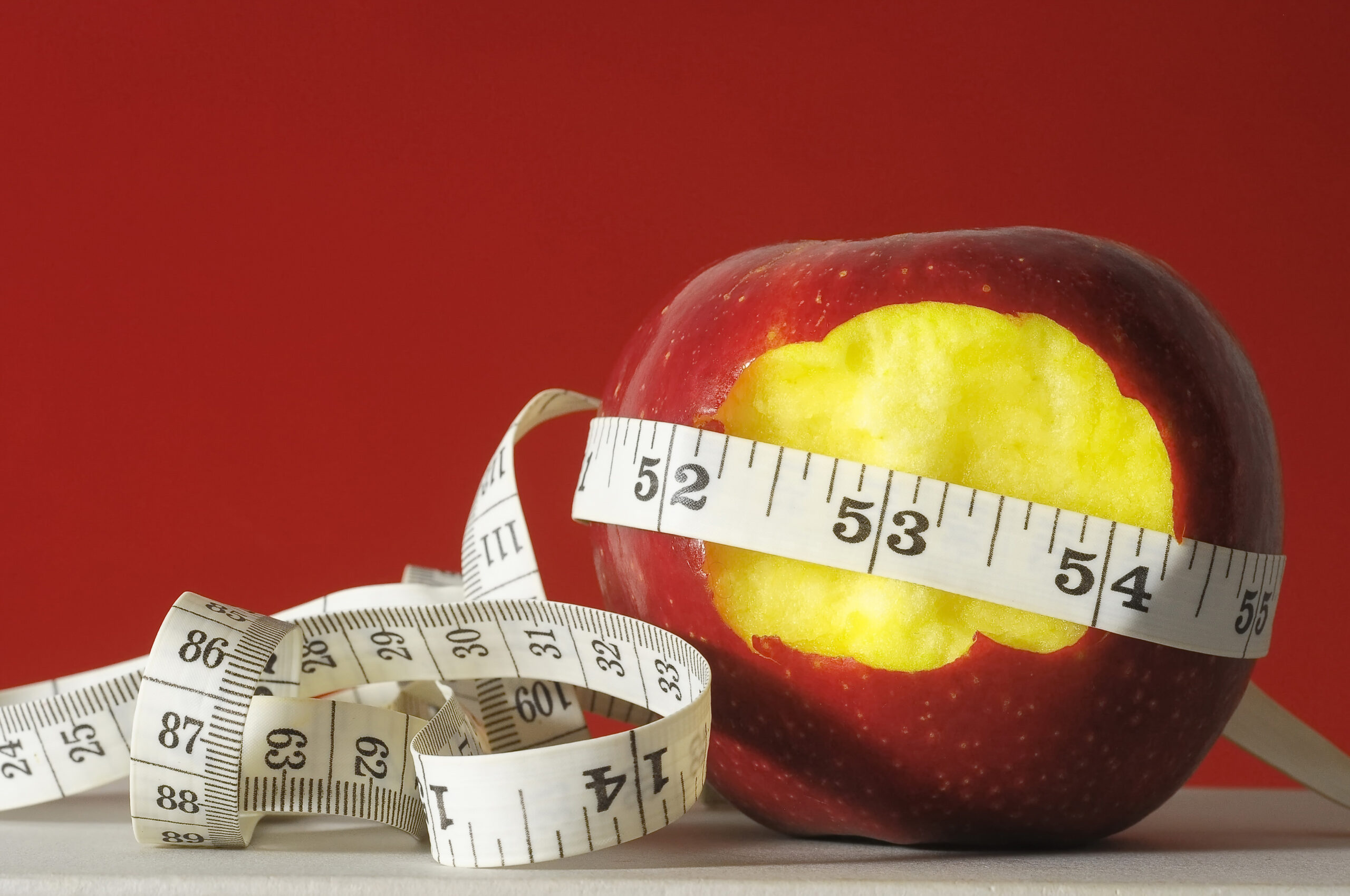
When it comes to losing weight, one of the first things many people do is slash their daily calorie intake. While reducing calories can help shed pounds, cutting too much too quickly can do more harm than good. Contrary to popular belief, there’s no one-size-fits-all number—what works for one person might be too little or too much for another.
Your ideal calorie intake depends on several factors, including your current weight, activity level, and overall lifestyle. For instance, someone with a physically demanding job like nursing or construction may need significantly more calories than someone with a desk job, even if both are trying to lose weight.
In this article, we’ll explore how many calories you need to lose weight, without going too low, and how to make smarter, more sustainable food choices that support your goals.
Calories are units of energy found in the food and drinks we consume. Your body relies on this energy every second of the day, not just for exercise, but also for essential functions like breathing, digestion, and even small movements like fidgeting.
The main sources of calories in your diet are macronutrients: carbohydrates, fats, and proteins. These nutrients provide the fuel your body needs to perform everything from simple daily tasks to intense physical activity.
When you consume more calories than your body needs, the excess is stored as fat. These stored calories remain in your body unless they’re burned off—either by eating less, increasing your physical activity, or ideally, a combination of both.
To lose weight, you need to create an energy deficit. This means consuming fewer calories than your body uses, prompting it to tap into those stored reserves for energy. The key is finding the right balance between eating enough to stay energized and cutting back just enough to support weight loss.
To lose weight, you need to consume fewer calories than your body uses—this is called a calorie deficit. However, the exact number of calories you should eat to lose weight depends on several personal factors, including your age, gender, current weight, activity level, and overall health.
A general rule of thumb is that reducing your daily intake by 500 to 1,000 calories can help you lose about 1 to 2 pounds per week, which is considered a safe and sustainable rate of weight loss. For many people, this means aiming for 1,200 to 1,800 calories per day, but this can vary significantly based on individual needs.
Here’s a rough breakdown:
However, these numbers are just starting points. Eating too few calories can backfire by slowing down your metabolism, causing fatigue, and increasing the risk of nutrient deficiencies. It’s essential to never drop below 1,200 calories per day for women and 1,500 for men, unless under medical supervision.
Before deciding how many calories to cut or consume, it’s important to understand that calorie needs aren’t the same for everyone. Several personal factors influence how much energy your body uses daily, and how much you need to eat to create a calorie deficit without harming your health. Here are some of the key elements that affect your calorie requirements for weight loss:
One way to estimate how many calories you need to lose weight is to calculate your Total Daily Energy Expenditure (TDEE)—the number of calories your body burns each day. You can then subtract 500 to 750 calories from that number to aim for gradual, healthy weight loss.
Online TDEE calculators can help you estimate this based on your weight, height, age, sex, and activity level. You can also consult a registered dietitian or healthcare provider for more personalized advice.
Cutting calories can support weight loss, but doing it the right way matters. Here are five effective and sustainable strategies:
Remember, weight loss is a personal journey. What works for one person might not work for another, so take time to learn what feels right for your body. Focus on progress, not perfection, and aim for long-term habits rather than quick fixes. Whether you’re counting calories, improving food quality, or becoming more active, consistency and patience are key.
In the end, it’s not just about losing weight—it’s about building a healthier lifestyle you can maintain for life.